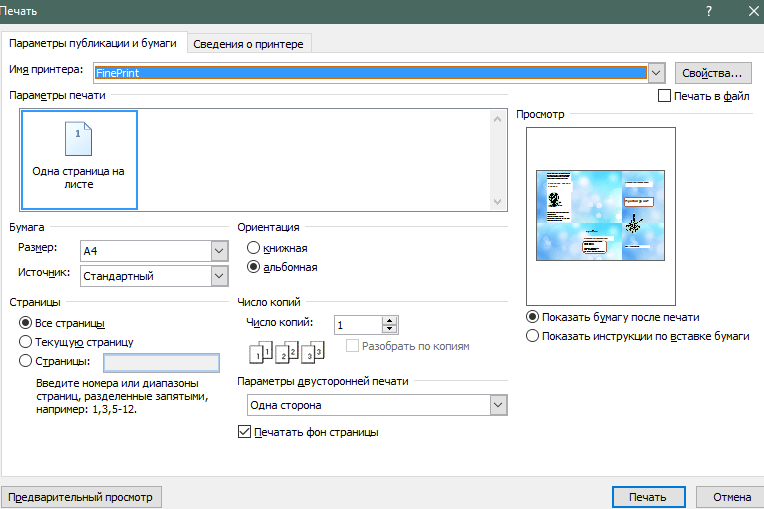
Shablon Bukleta V Word
A brochure is an informative paper document that can be folded into a template, pamphlet. Article is a stub. You can help Wikipedia by expanding it.
• • • Ecchi ( エッチ, etchi, pronounced ) is an often used term in the Japanese language for playfully sexual actions. As an, it is used with the meaning of 'sexy', 'dirty' or 'naughty'; as a, ecchi wo suru ( エッチをする), with the meaning to have sex; or as a, to describe someone of. It is perhaps softer than the Japanese word ero (エロ from ), and does not imply perversion in the way does. The word ecchi has been adopted by fans of Japanese media to describe works with sexual overtones. In Japanese, the word ecchi is often used to describe a person's conduct, but in fandom, it has come to be used to refer to or playful sexuality, as distinct from the word hentai, which connotes perversion or fetishism.
Steel Armor: Blaze of War offers up new pastures where tank games are concerned, looking to the battlefields of the 1980s Iran-Iraq conflicts. Tank enthusiasts will adore the rampant attention to detail – there are only two tanks in the game, but both are rendered to staggering detail, inside and out. Download game perang tank gratis untuk pc. What’s more fun than blowing stuff up and driving through buildings? Carefully micromanaging its crew and innards to the point where you forget you’re actually in a tank and instead begin to believe you’re a machinist in a factory obviously.
Works described as ecchi do not show or genitalia, but sexual themes are referenced. Ecchi themes are a type of, and can be found in most comedy. Contents • • • • • • • Etymology and use in Japan [ ] The correct transcription of the word エッチ in notation is 'etchi'. However, it is typically written as 'ecchi'.
[ ] In the word hentai,(変態) the first kanji 'hen' refers to strangeness, and the second kanji 'tai' refers to a condition or state. Hentai was introduced in the as a term for change of form or transformation in. In this context, it was used to refer to disorders such as or to describe like. Slowly, the meaning expanded until it had the meaning of non-standard. In the 1910s, it was used in in the compound expression 'hentai seiyoku' ( 変態性欲, abnormal sexual desire) and became popular within the theory of sexual deviance ( Hentai seiyoku ron), published by Eiji Habuto and Jun'ichirō Sawada in 1915. File scavenger portable torrent.
In the 1920s, many publications dealt with deviant sexual desires and the movement. Matsuzawa calls it a period characterized by a ' hentai boom'. In the 1930s, censorship became more common leading to fewer books being published on this theme. After the Second World War, in the 1950s, interest in hentai was renewed, and people would sometimes refer to it just by the first English letter, H (pronounced as エッチ, ).
In 1952, the magazine Shukan Asahi reported that a woman who was groped by a stranger in a movie theater reacted with 'ara etchi yo' ( 'hey, that's perverse'). In this context, etchi should be understood as sexually forward and is synonymous to iyarashii ( 嫌らしい, dirty or disgusting) or sukebe ( すけべ, a person with sex on the brain). From this, the word etchi started to branch off, and assume new connotations. In the 1960s, etchi started to be used by youth to refer to sex in general. By the 1980s, it was used to mean sex as in the phrase etchi suru (to have sex). Other neologisms such as sekkusu are often used to refer to sex, in addition to the term ecchi.
Ecchi is now used as a qualifier for anything related to erotic or pornographic content. Its exact meaning varies with context, but in general, it is most similar to the English word 'naughty' (when used as an adjective).
The Japanese media tend to use other words, e.g. Ero-manga ( エロ), adult manga ( アダルト), or anime / manga for persons over 18 years ( 18禁アニメ, 18禁).
The prefix 'H-' is also sometimes used to refer to pornographic genres, e.g. H-anime, H-manga, etc. Western usage [ ] In Japan, oiroke manga (お色気漫画) is used to describe manga with very light or playful erotic content such as is found in shonen manga.
In western nations though, ecchi has become the preferred term. The more explicit seijin manga (成人向け漫画, seijinmukemanga) are more likely to be referred to as hentai in the west. This does correlate to a similar distinction in Japanese. For instance, if a young woman were to call a young man e(t/c)chi, that might be construed as flirting, whereas hentai sounds more like condemnation. [.] Bezeichnet erotische Darstellungen. Im Vergleich zu Hentai weniger explizit.
[.] [Ecchi] refers to erotic depictions. In comparison to hentai, it is less explicit. This section needs additional citations for. Unsourced material may be challenged and removed.
Find sources: – ( May 2011) () There are many elements that may classify a work as ecchi, but these elements have to occur quite often (for example, in all episodes of a show). Graphically speaking, different techniques are used to show sexy pictures, usually by revealing parts of the female body such as the back or breasts. Some of these patterns are recurrent, such as scenes in a shower,, or fighting scenes in which clothes are torn apart. The imagination of characters is also a common device for showing their sexual fantasies, as well as transformation scenes of.